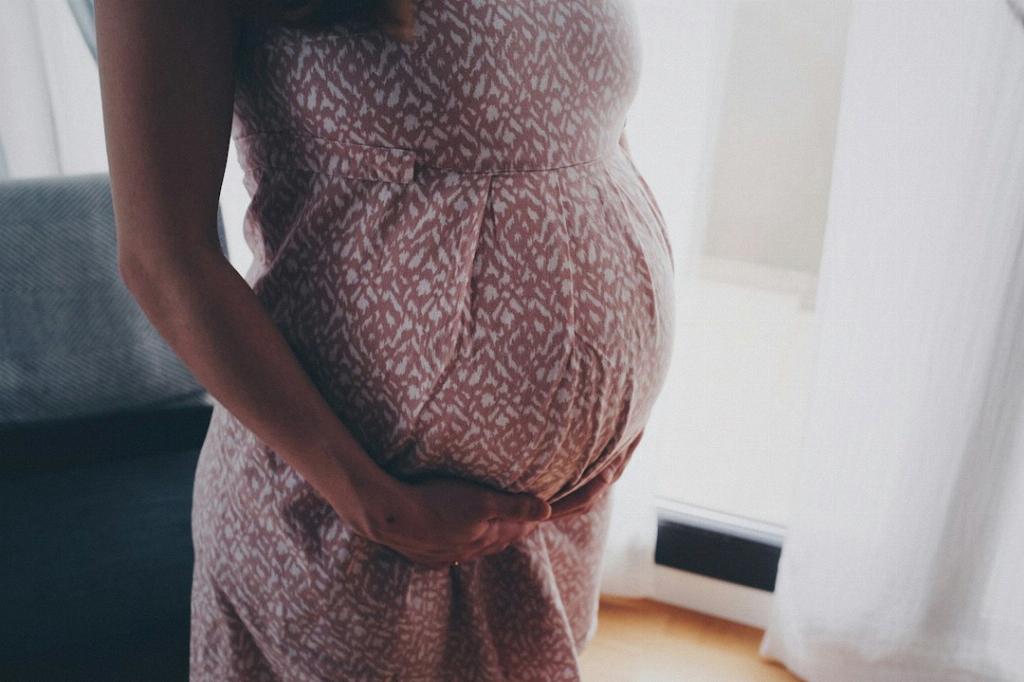When an underweight woman gets pregnant, it can have significant implications for both her health and the health of the developing fetus. Women who have a body mass index (BMI) lower than 18.5 may face certain challenges during pregnancy that can affect the well-being of the baby.
Risks and Complications Associated with Pregnancy in Underweight Women
Research indicates that babies born to underweight mothers are at a higher risk for various health problems. These include premature birth, which is defined as childbirth before 37 weeks of pregnancy, and low birth weight, where the baby is born weighing less than 5 1/2 pounds.
Impact on Baby’s Growth and Development
One of the key concerns when an underweight woman becomes pregnant is the potential impact on the baby’s growth and development. Maternal undernutrition can lead to intrauterine growth restriction (IUGR), a condition where the baby does not reach its full growth potential in the womb.
Nutritional Deficiencies and Health Complications
Underweight women may be more prone to nutritional deficiencies, which can further exacerbate the risks associated with pregnancy. A lack of essential nutrients like folic acid, iron, and calcium can impact the mother’s health and increase the likelihood of complications during pregnancy.
Risk of Gestational Diabetes and Hypertension
Pregnant women who are underweight may also be at a higher risk of developing gestational diabetes and hypertension. These conditions can have serious implications for both the mother and the baby, requiring close monitoring and potential medical interventions.
Challenges with Weight Gain and Body Changes
Underweight women may struggle with gaining the recommended amount of weight during pregnancy, which is essential for the healthy growth of the baby. They may also experience difficulties adapting to the physical changes that come with pregnancy, such as hormonal fluctuations and increased blood volume.
Increased Risk of Complications During Labor and Delivery
Women who are underweight may face an increased risk of complications during labor and delivery. This can include difficulties with labor progression, increased likelihood of cesarean delivery, and a higher chance of postpartum complications such as excessive bleeding or infection.
Importance of Prenatal Care and Support
For underweight women who are pregnant or planning to conceive, it is crucial to prioritize prenatal care and seek support from healthcare providers. Regular check-ups, nutritional counseling, and monitoring of fetal growth can help mitigate the risks associated with pregnancy in this population.
Strategies for Healthy Weight Gain and Nutritional Support
Developing a personalized plan for healthy weight gain and obtaining adequate nutrition during pregnancy is essential for underweight women. This may involve working with a healthcare team to address individual needs and ensure optimal maternal and fetal health.
Emotional and Psychological Support
Pregnancy can be a challenging time for women, especially those who are underweight and facing additional health concerns. Emotional and psychological support from partners, family members, or mental health professionals can play a crucial role in promoting overall well-being during this transformative period.
Postpartum Considerations and Follow-Up Care
Following childbirth, underweight women should continue to prioritize their health and well-being. Postpartum care, including monitoring for any lingering nutritional deficiencies or complications, is essential to support recovery and ensure optimal outcomes for both the mother and the baby.
Conclusion
In conclusion, pregnancy in underweight women presents unique challenges and risks that require careful management and support. By addressing nutritional needs, monitoring fetal growth, and seeking appropriate prenatal care, women can navigate the complexities of pregnancy with a focus on promoting the health and well-being of both themselves and their babies.

